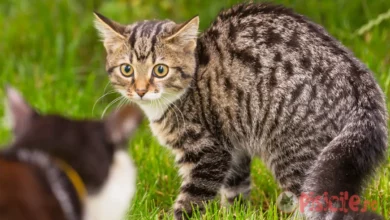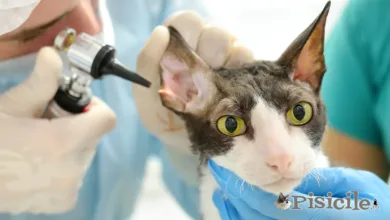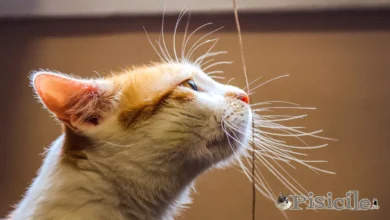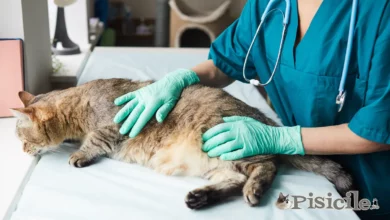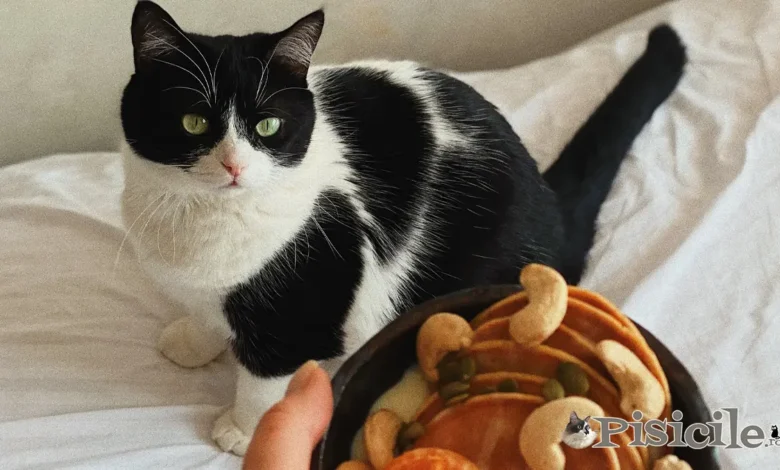
When the cat's mouth smells bad, you should not ignore this situation. Your cat's bad breath should not be considered normal, and if it becomes persistent or extremely bothersome, it should get attention.
Persistent bad breath in a cat may suggest the need for more rigorous dental care or may indicate the presence of an internal organ problem.
Subject
Why does the cat's mouth smell bad? Causes and Treatment
Most of the time, halitosis in cats occurs due to dental or gum problems, but the causes can be many more, and the treatment must be done after finding out the reason why the cat's mouth and breath have an unpleasant smell.
Periodontal disease
Periodontal disease is one of the most common causes of bad breath in cats. It results from the accumulation of bacterial plaque on the teeth, affecting the gums. Tartar resulting from the mineralization of bacterial plaque can lead to tooth loss, bleeding gums and pain when chewing.
Symptoms: Brown spots on teeth, excessive salivation, difficulty chewing, inflamed gums.
Treatment: As in humans, regular scaling, done under anesthesia, can solve this problem.
Gingivitis and stomatitis are causes of the cat's mouth smelling bad
Gingivitis and stomatitis are inflammations of the mucous membrane of the mouth, affecting the gums, tongue and other areas. These conditions can occur due to bacteria, viruses or allergies.
Symptoms: The cat's mouth smells bad, bad breath, brown spots on the teeth, inflammation of the gums.
Treatment: Treatment of the underlying cause and, in some cases, dental procedures or medications prescribed by your veterinarian.
Diet
Food can influence the smell of your breath. Eating certain foods, such as fish or liver-based food, can contribute to bad breath. Sometimes bits of food left between the teeth can make the situation worse.
It is also good to read: Can cats eat dog food? See recommendations.
Solution: Changing your diet can help improve bad breath. If the cat eats meat regularly, it is good to remove it from the cat's menu for a while and replace it with dry food.
Kidney diseases
The smell of ammonia or urine on the cat's breath can indicate kidney problems. Kidney disease is quite common in cats over 8 years of age and can be accompanied by lethargy, weight loss, increased thirst and frequent urination.
Treatment consists of dietary changes, optimal hydration and drug treatment, depending on the type of kidney disease. Of course, a thorough consultation with the veterinarian is recommended.
Diabetes can be a cause of the cat's mouth smelling bad
The sweet smell of the breath can indicate the presence of diabetes in the cat. Other symptoms may include increased thirst and weight loss. Diabetes in cats can be managed successfully if identified early.
Liver diseases
Cat liver disease can cause bad breath along with symptoms such as yellowing of the whites of the eyes and skin, lack of energy, vomiting and diarrhea.
Treatment depends on the specific diagnosis and veterinary consultation is essential.
Preventing bad breath
Maintaining good oral hygiene for your cat, including regular cleanings at the vet or brushing, can help avoid oral problems. There are also special rewards in cat food that can help maintain oral hygiene.
Regardless of the cause, if your cat's mouth smells bad, veterinary consultation is crucial for identifying and properly managing bad breath problems in cats.
